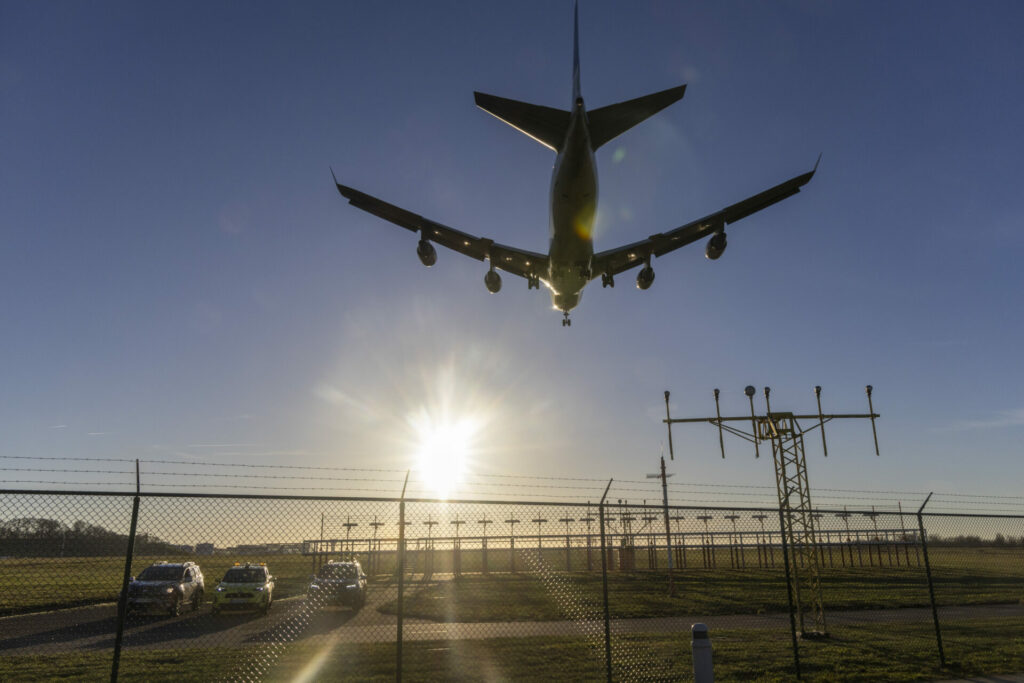Environmental activists have denounced a regular domestic flight route taken by a Chinese cargo company in Belgium. The 400-kilometre detour "needlessly" produces 7,000 litres of kerosene per flight.
Airlines ASL regularly flies Boeing-747s carrying cargo from Hangzhou in China to Liège in Belgium, but travels 200 kilometres past its final destination for no apparent reason before circling back. According to Jacques Denecker of WILOO, a working group on the environmental impact of Ostend airport, the detour serves no purpose: no cargo is picked up or dropped off, and the plane does not refuel.
When Jean-Marie Dedecker (N-VA) raised the issue to Mobility Minister Georges Gilkinet (Écolo) in Parliament on Thursday, Gilkinet agreed the flights were "pointless and absurd."
"I agree, it's too crazy for words," the Deputy Prime Minister replied. "Abolishing these flights is the logical thing to do." He announced that he has tabled a bill to abolish short-haul domestic flights alongside other measures including consultations and impact studies.
Anti-aviation activism
When Dedecker first noticed the controversial charter, he used Eurocontrol's ETS platform to calculate the ecological footprint of four separate flights he observed on 4, 7, 8 and 14 December. Each flight used 7,000 litres of kerosene.
"I don't understand it," he told De Morgen. "Normally, operators flying to and from China do everything they can to get cheap goods to European customers as quickly as possible. In this case, they have created their own delays, which incur costs. They have to pay extra landing fees for this detour, not to mention extra fuel."
While spokespeople from both airports agree the route doesn't make sense, they underline their commitment to respecting customers' wishes. ASL Airlines says the route is a "temporary situation" and is looking for a solution.
WILOO has campaigned against Ostend airport for years, decrying the noise pollution it creates on top of its wider environmental impact.
ASL Airlines Belgium operates five converted Boeing-747s originally intended for passenger planes as freight carriers. Each aircraft is over 20 years old.

